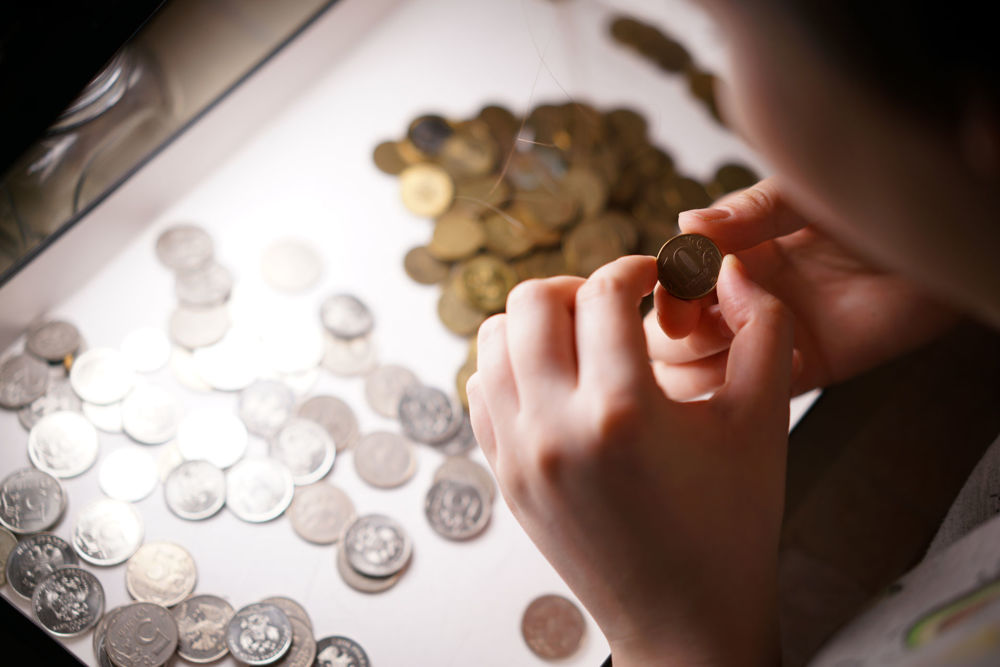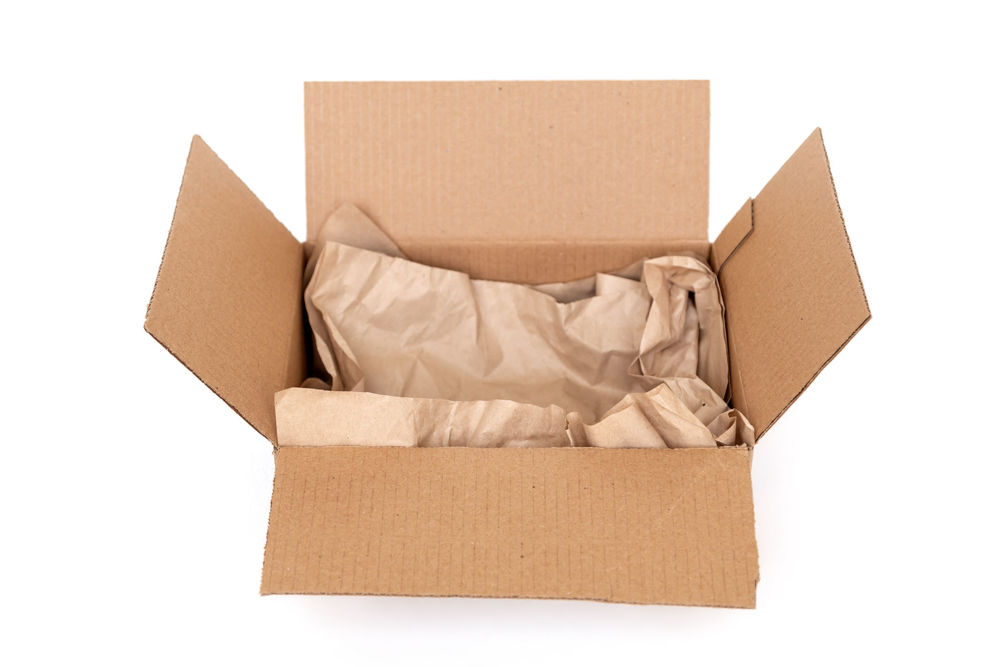Posted on July 05, 2021

While it may seem like there are good deals for gold coins on reseller sites like Amazon and eBay, these marketplaces are filled with misrepresented products, false descriptions, and even fraudulent precious metals. So, if you are going to look for gold deals on these sites, you need to be extra careful and know how to identify scams and avoid them.
There’s a much safer way to buy gold. Instead of purchasing precious metals on marketplaces like eBay and Amazon, you can instead search a database of reputable gold dealers that are verified by an unbiased organization like the American Numismatic Association.
There is no shortage of stories displaying how easy it is for gold, silver, platinum, and palladium buyers to get duped. And with more and more precious metals buyers using the internet for their purchases, scammers are more prevalent than ever. While the internet has made it easier to find your favorite coins, it has also made it more challenging to shop. It’s hard to know who to trust, especially when purchasing a gold coin or bar just from an online description and image. Ultimately, all e-commerce is sending your money to a stranger, crossing your fingers, and hoping for the best.
When using generic marketplaces like eBay and Amazon, there’s another layer between buyer and seller. These platforms do offer a more comprehensive selection of products to choose from. However, this comes with an influx of scammers and fraudulent actors just waiting to take advantage of unsuspecting buyers.
 This might be the easiest coin scam for fraudulent sellers. Amazon and eBay sellers prey on beginner collectors who can’t fully identify the quality of a coin from sight and purchase gold coins on the faith that the metal and grade assigned to them on the listing is completely accurate.
This might be the easiest coin scam for fraudulent sellers. Amazon and eBay sellers prey on beginner collectors who can’t fully identify the quality of a coin from sight and purchase gold coins on the faith that the metal and grade assigned to them on the listing is completely accurate.
Imagine a beginner collector who sees a proof-quality coin listed on Amazon and gets excited at the prospect of owning it. After they make the purchase and the coin is delivered, everything seems fine, and the coin looks like it’s in excellent condition. But a few years later, when the buyer looks to sell the coin themselves, they come to find out that the coin isn’t proof-quality and therefore is worth significantly less than they paid.
If you are concerned that you’ve purchased a coin that has been misrepresented in grade, take it to a coin grading service to have it examined. These services will tell you if you’ve been tricked or if the coin you purchased is accurately graded. You can see a list of coin grading companies in the Further References section at the end of the article.
When a gold seller places a coin or bar into elaborate packaging, it might be because they don’t actually want you to inspect what’s inside. Fancier packaging, which includes ornamental holders and several layers of casing, is used to make it less likely that the buyer will inspect the gold thoroughly. (Grandpa used to call this “putting lipstick on a pig.”)
Instead, ignore packaging completely, or opt for purchasing your gold coins or bars in nondescript packaging. That way, you can examine the precious metal for yourself and then add your own decorative case or packaging later if desired.
There’s one exception to this rule: assay packaging from refiners is worth consideration.
Marketplace-related scams are not relegated to precious metals and are things that anyone using eBay and Amazon should know. The most common of these is when a seller doesn’t ship the item as promised. Luckily, both marketplaces do provide protection to buyers that account for these cases, and if this happens, you should be able to retrieve your payment.
 However, another, more cunning scam is when the seller sends a package or letter to the buyer that simply doesn’t include the product they purchased. For instance, a fraudulent seller might send an empty box and submit the tracking number to the marketplace to show that the item was delivered when it really wasn’t. If this happens, you will have to open a case with eBay or Amazon and dispute this seller’s transaction. As long as you provide evidence of the fraudulent activity, the marketplace should side in your favor.
However, another, more cunning scam is when the seller sends a package or letter to the buyer that simply doesn’t include the product they purchased. For instance, a fraudulent seller might send an empty box and submit the tracking number to the marketplace to show that the item was delivered when it really wasn’t. If this happens, you will have to open a case with eBay or Amazon and dispute this seller’s transaction. As long as you provide evidence of the fraudulent activity, the marketplace should side in your favor.
Misleading product images are quite common. It’s not unusual to see a product displaying a picture of a rare coin, like an 1889-CC Morgan silver dollar, listed far below market price. The wise shopper reads the fine print in the product description only to discover the seller offers to ship an 1889 Morgan dollar “or later year.” These sellers are relatively likely to fulfill the order but will ship the lowest-value coin in their inventory. Disappointed buyers will open their package only to find, say, a 1921-P Morgan dollar in poor condition, and the engraving has all but worn away.
You might find a good deal on gold or other precious metals coins using Amazon or eBay, but that’s the exception rather than the rule. Gold and silver bullion are a commodity, so ask yourself why anyone would offer to sell steeply discounted bullion online to a stranger (and pay a percentage of the sale to the marketplace) when they could get the same or better price at a local jeweler’s shop?
Most gold coins are similarly liquid with well-established prices. It’s incredibly unusual to find any seller offering an honest good deal on reseller websites. Should you try buying gold coins or bullion on a marketplace or reseller website, understand you’re doing so at considerable risk. It’s almost always better to use a trustworthy precious metals dealer who’s properly certified and vetted.
The most well-known coin collecting organization, the American Numismatic Association (ANA), provides a list of reputable precious metals dealers. Dealers like BullionMax, which are ANA members, adhere to the highest industry standards for dealing in precious metals coins. Other organizations like the Professional Coin Grading Services have their own list of authorized dealers that the company vets as providing authentic precious metals.
It’s essential to follow the caveat emptor, or “buyer beware,” principle when making precious metals purchases. This means that you, as the buyer, should thoroughly vet and review any precious metal before you buy it. If the deal sounds too good to be true, it probably isn’t true.